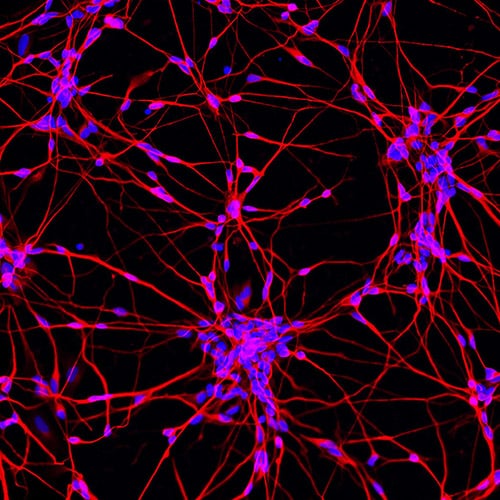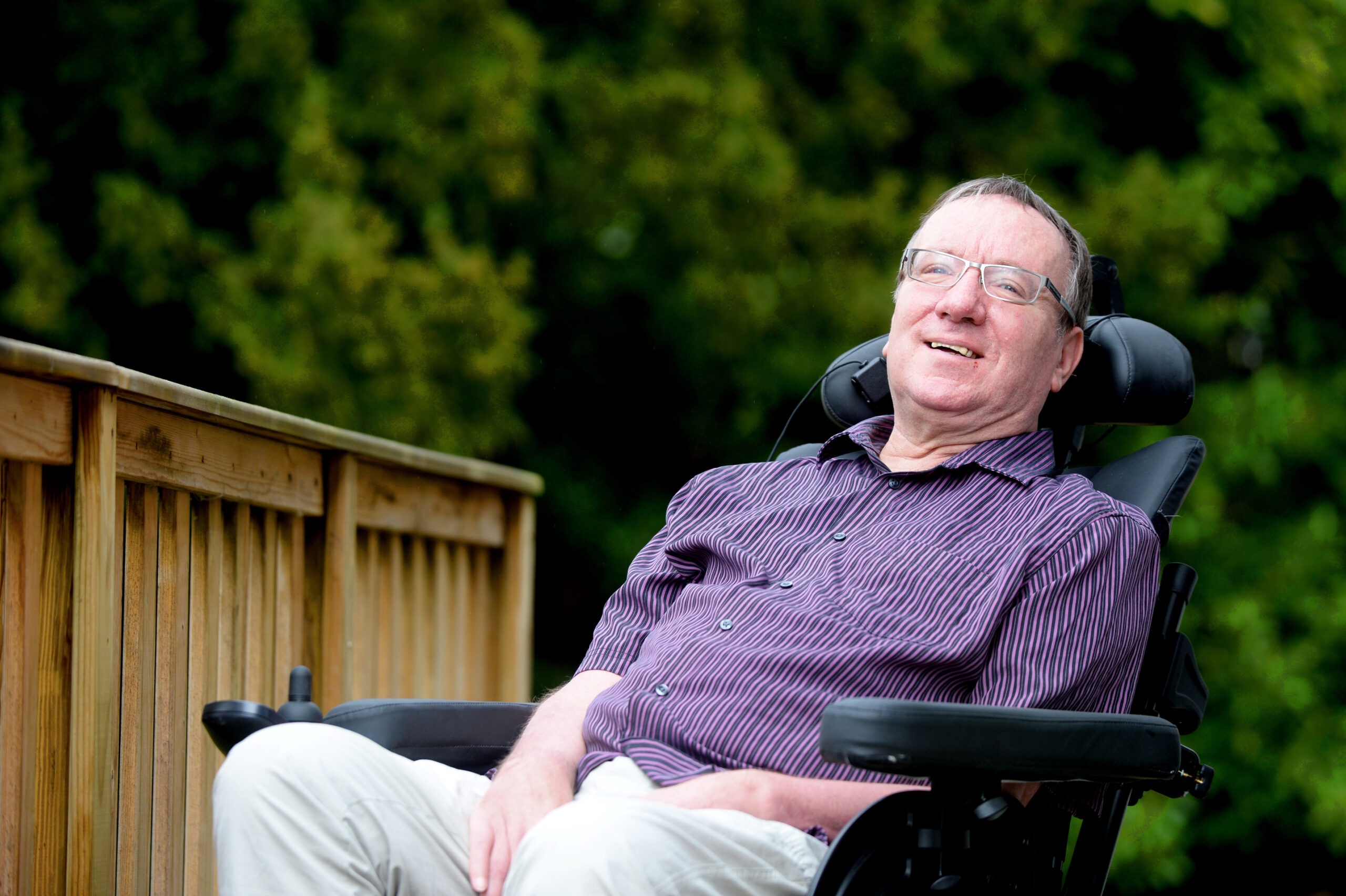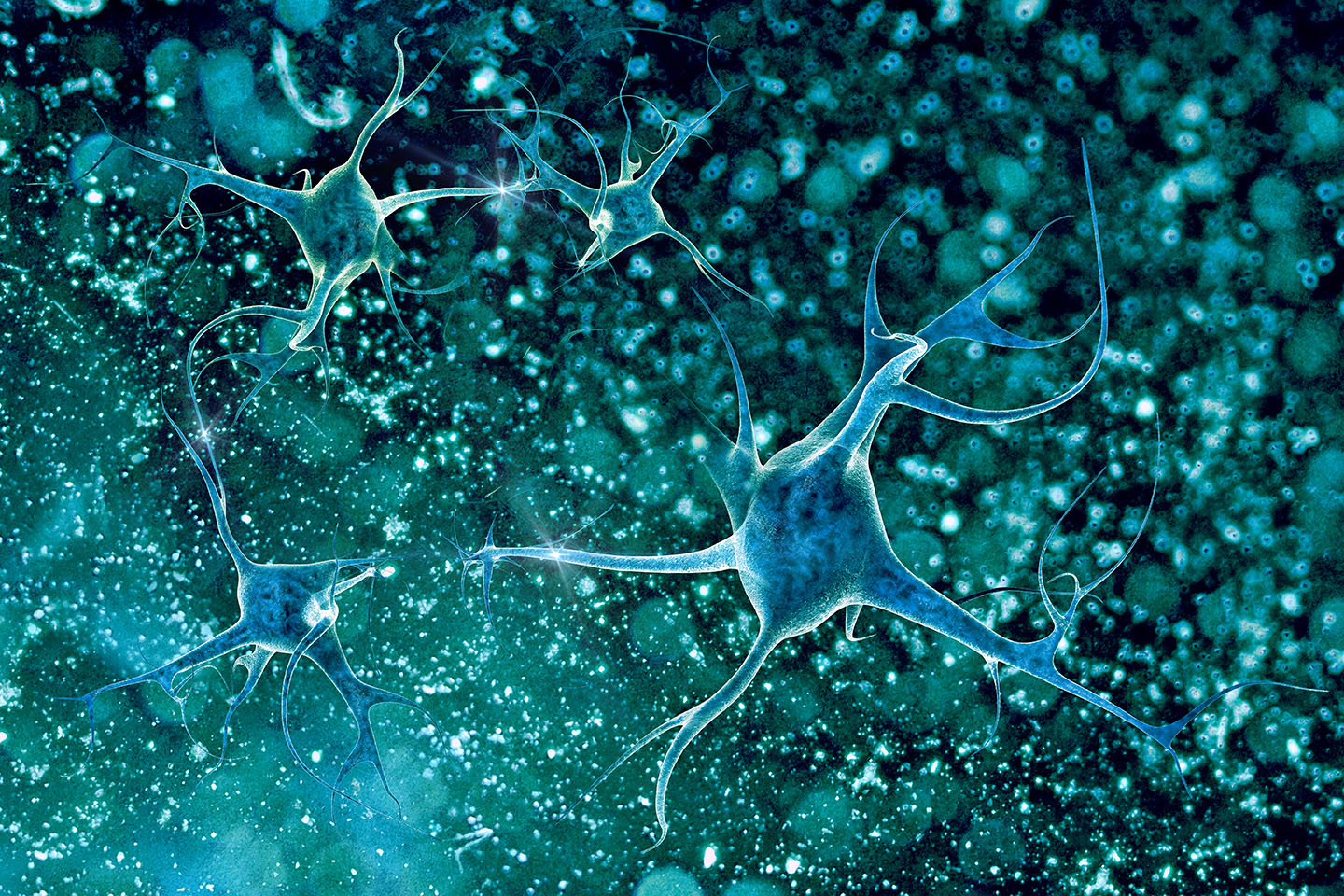The MND Insights Group and community surveys
At LifeArc our mission is to uncover the most important research questions and urgently address the needs of MND research. But we can’t do this alone, we need to hear from the real experts who live with the condition.

We are working with the MND Insights Group – a group of people with lived experience of MND – to understand the most pressing needs of individuals with MND.
Additionally, to help us hear from the wider MND community we are conducting surveys. The results of the surveys will help us prioritise the research aimed at finding new treatments and improving quality of life for people living with MND.
Our first community survey is now closed
Thank you to everyone who took part in the our latest survey to understand what people with MND think potential new drugs for MND should look like. We are very grateful for the time you have taken to complete this. We’re now reviewing the responses and will be sharing the findings with our research team. We will also be producing a summary for the wider community which we will share here when it’s ready.
The next survey will open in Autumn 2024 and will be on the topic of devices and technologies to improve day to day life for people living with MND.
Who can take part
- Those living with MND
- Caregivers or supporters for someone with MND
- People who have lost someone close to MND
- Those with a gene that puts them at a high risk of developing MND, or those who have a family history of the condition
Please note that participants must be over 18-years old.
What does taking part in the community surveys involve?
The surveys will inquire about the most crucial needs of individuals living with MND and seek your opinions on the priorities for MND research. The surveys will take place every 4 to 5 months and happen for up to 2 years. Those who have registered to take part have not committed to completing every survey but are encouraged to complete as many as possible.
If you have any questions, please contact us at LifeArcTeam@pharmagenesis.com.
About us
LifeArc is a self-funded, not-for-profit, medical research organisation, and our ambition is to transform the way diseases are identified and treated.
Through our work and partnerships, we accelerate healthcare innovation by turning promising life science ideas into life-changing medical breakthroughs for the people who need them most.
Our MND Translational Challenge aims to revolutionise how the disease is detected, treated and managed, with the overall goal to make MND treatable. We know from experience that for medical research to be most effective, it is vital that the people we are trying to benefit are involved throughout.
We are partnering with Oxford PharmaGenesis, a HealthScience communications consultancy with expertise in patient engagement and bringing patient perspectives into medical research. They will help us to gather insights from across the MND community to help you to shape the future of MND research.
Contact us
In submitting your personal data via this form, you consent to being contacted via the details provided so that your enquiry can be responded to. If you would like your data to be removed, please email dataprivacy@lifearc.org.
Please see our Privacy Policy in relation to the personal data you submit to us through this page.
Latest news
-
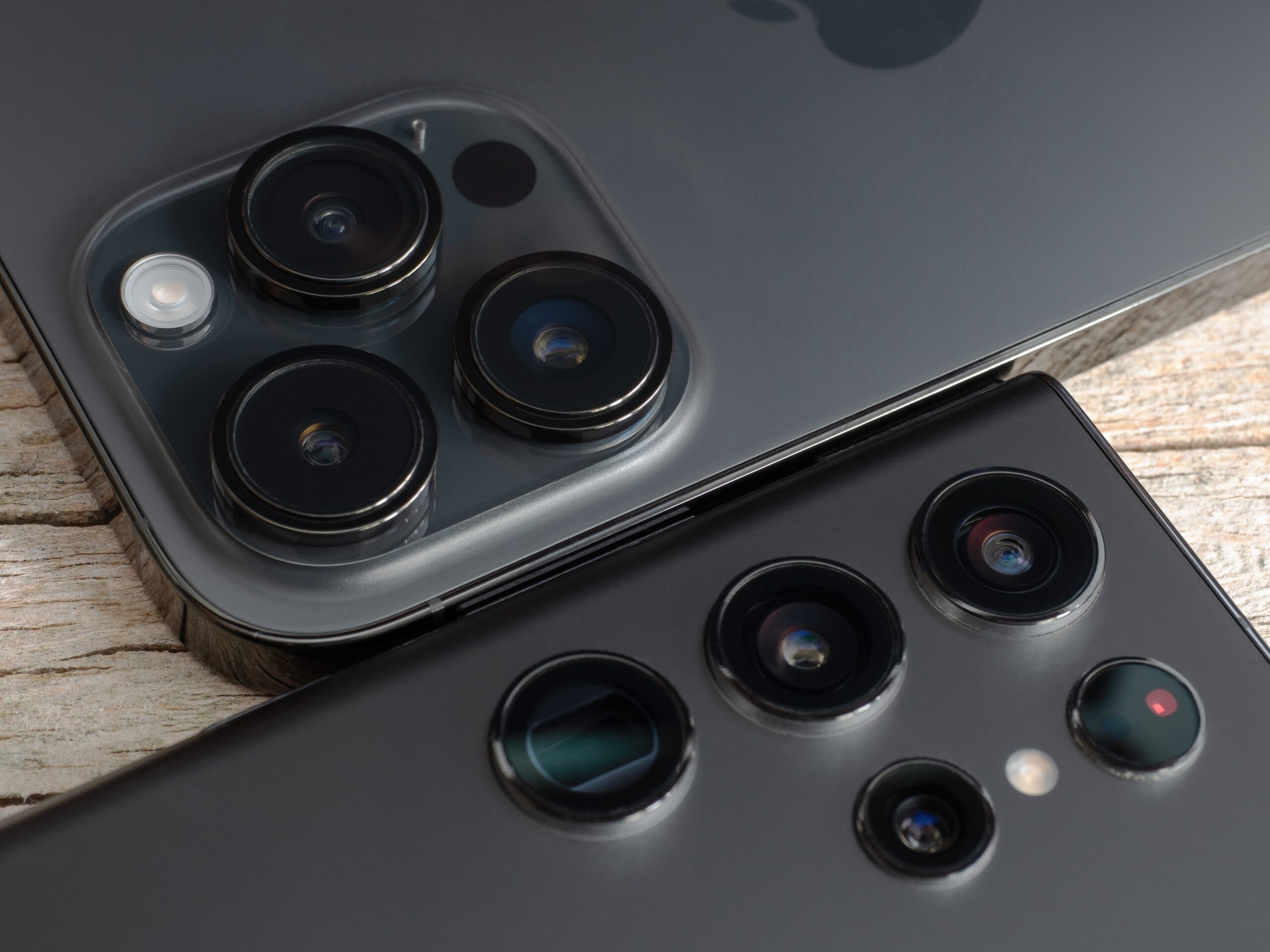
New smartphone app offers hope in the fight against neglected tropical diseases
Read more: New smartphone app offers hope in the fight against neglected tropical diseases -
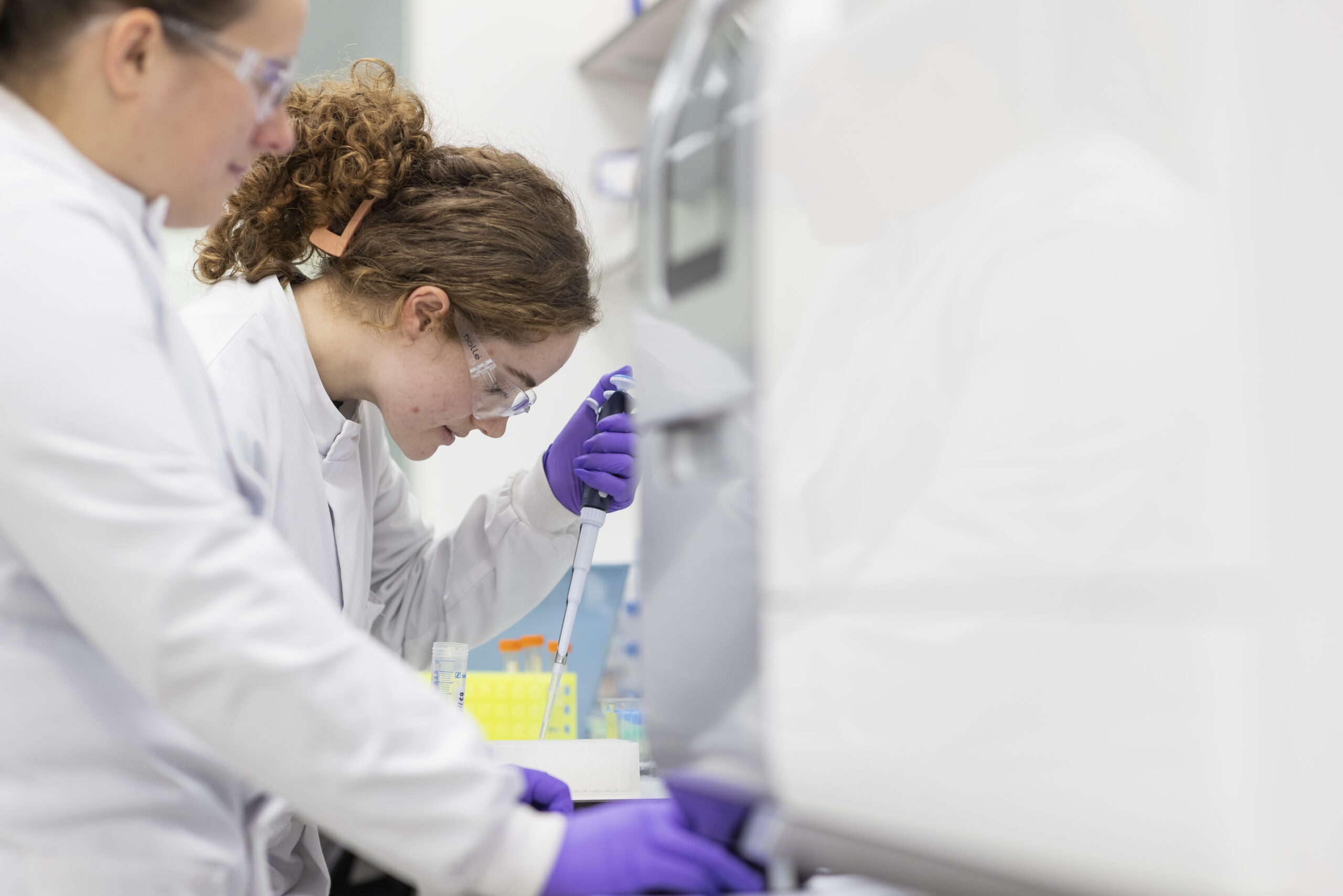
Bronchiectasis: an overlooked lung condition with untapped commercial and research potential
Read more: Bronchiectasis: an overlooked lung condition with untapped commercial and research potential -
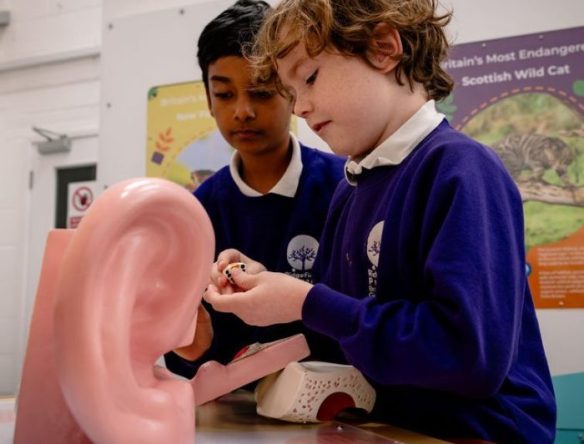
Cambridge Science Centre opens new facility that will educate and inspire the next generation of scientists
Read more: Cambridge Science Centre opens new facility that will educate and inspire the next generation of scientists

